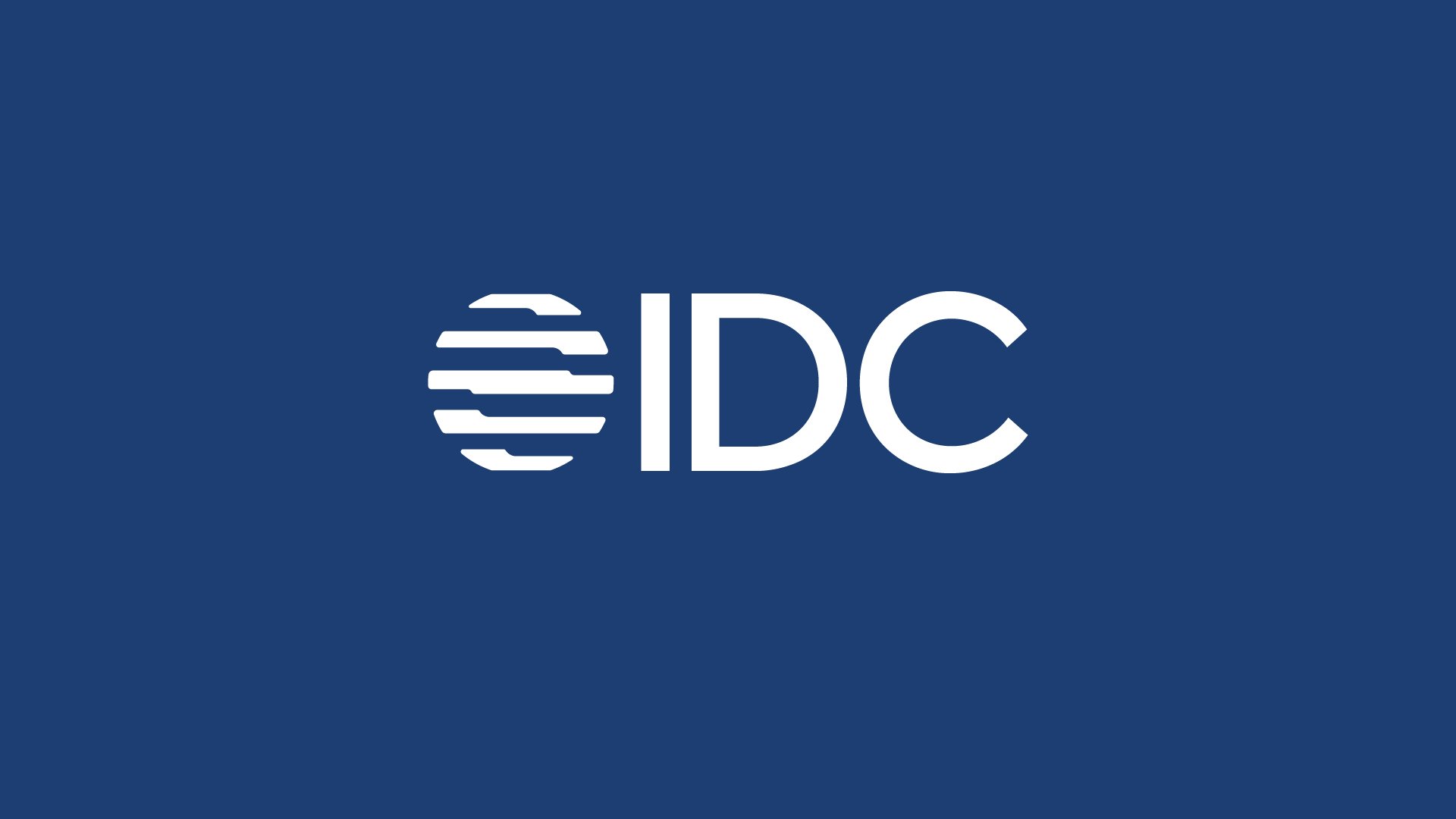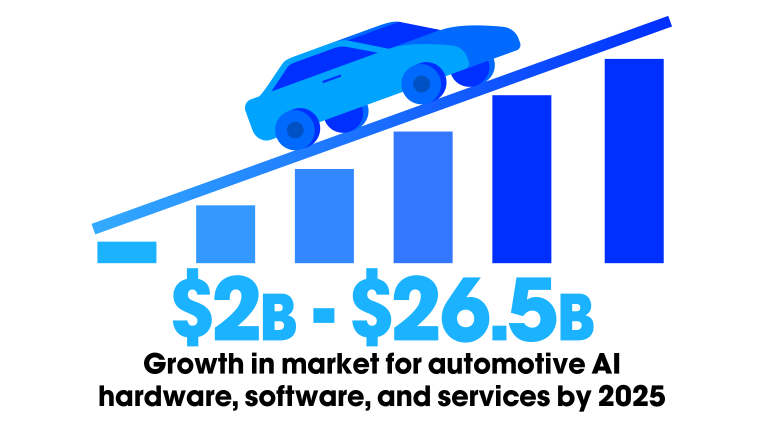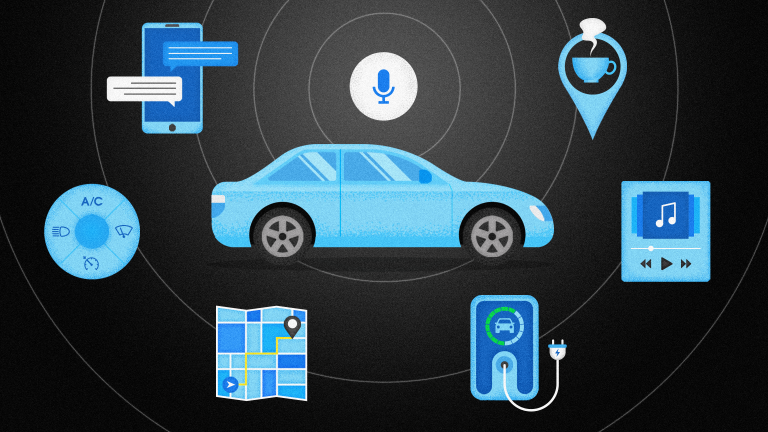Building customer relationships and communicating data privacy policies are central to the business value of building a custom voice assistant. People are more likely to share information with companies they trust, if they know that information is going to result in better products and services, and lead to personalized experiences.
The advancements in machine learning and AI have created an atmosphere where computers are better able than humans to convert customer information into actionable insights for the company that owns the data. Customer information can be accurately stored and surfaced at the next touchpoint, relieving friction for the customer and gaining efficiencies for the company.
Custom, branded voice assistants have the potential to create trusted relationships between the brand and its customers, as long as it’s done in a way that creates real value. If the rules are clear and brands deliver on their promises, the hesitancy toward privacy will slowly make way for more personalized and satisfying experiences for users.
Deliver value
Accuracy, speed, customer satisfaction, and Net Promoter Scores are all just different ways of measuring the value companies are delivering for their customers. It’s the core of the voice AI experience and it can’t be under emphasized.
According to the Opus Research report, more than half of the respondents are considering how voice AI will fit with their company’s long-term roadmap and are looking for a vendor that offers an end-to-end solution. These top considerations support the trends we’re seeing toward custom voice experiences at every touchpoint. Many respondents also indicated they wanted voice to be the first choice of interfaces for their customers.









